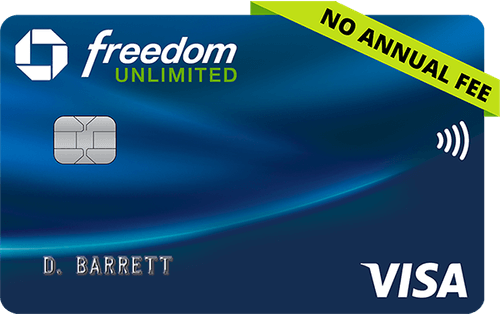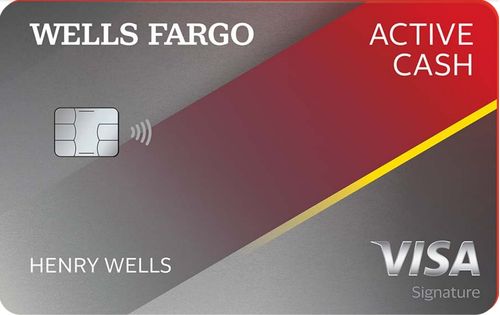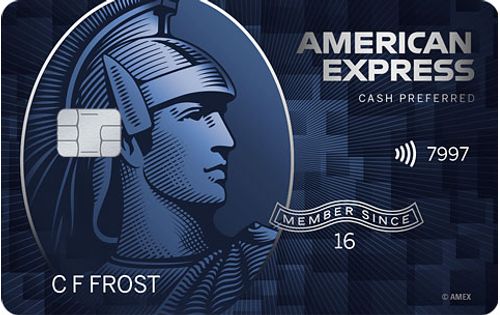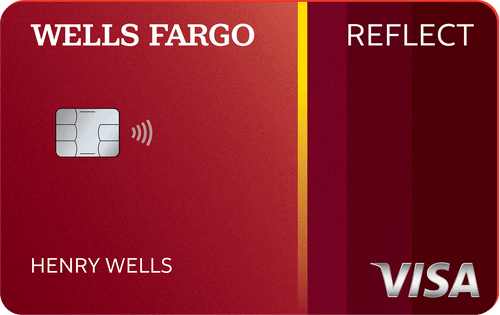Jane Parker, WalletHub Credit Card Analyst
@parker16
The highest credit card interest rate in recent memory was 79.9% on a card offered by First Premier Bank in 2010 but that offer’s not available anymore. The current highest credit card interest rate is 36% on the First PREMIER® Bank Mastercard Credit Card.
The next highest credit card interest rate seems to be 35.99%, charged by the Total Visa® Card and the Milestone® Mastercard®. These rates are very high when you consider that the average interest rate is only around 22.35%.
Some of the Highest Credit Card Interest Rates on the Market
APR: 36%
One-time fee: $55 - $95
Monthly fee: $0 - $8 1st yr, $6.25 - $10.4 after
Annual fee: $0
Credit requirement: Designed for people with bad credit
APR: 35.99%
One-time fee: $95
Monthly fee: $0 intro 1st year, $6.25 - $10.25 after
Annual fee: $50 - $125 1st year, $48 after
Credit requirement: Designed for people with bad credit
APR: 35.9%
One-time fee: $0
Monthly fee: $0 1st yr, $12.50 after
Annual fee: $175 1st yr; $49 after
Credit requirement: Designed for people with bad credit
APR: 35.9%
One-time fee: $0
Monthly fee: $0 1st yr, $12.50 after
Annual fee: $175 1st yr; $49 after
Credit requirement: Designed for people with bad credit
As you can see, the highest credit card interest rates are typically found on cards for people with bad credit. The better your credit is, the better your chance of getting a lower interest rate. Legally, there actually is no highest credit card interest rate that’s possible. Credit card companies are allowed to charge any interest rate. But they must clearly state what that rate is in the card’s terms and conditions.
Companies that would like to charge outrageous interest rates are limited by what people are actually willing to pay. You should always make sure you know a card’s interest rate before applying. Otherwise, it may come as a nasty surprise.
How to Avoid High Credit Card Interest Charges
It’s worth remembering that, no matter how high or low your interest rate is, it will never affect you unless you carry a balance between months. If you always pay off your bill in full, you’ll never pay any interest unless you take out a cash advance. So, if you don’t spend beyond your means, interest rates shouldn’t be a huge consideration when you’re picking a credit card.
But if you’re not confident about your ability to pay in full, you should prioritize low interest rates in your search. Many cards will even offer you 0% interest for a number of months to start. While there are a few interest-free credit cards for bad credit, you’ll usually need at least good credit to get one of the best 0% intro APR credit cards.

Keira Johnson, Member
@keira_johnson
I remember seeing a 30% APR on a credit card somewhere.
Barbara Fleischer, Member
@barb_fleischer
You most likely will never have to face it, but I know First PREMIER® Bank Credit Card can have some nasty APR's, like 36%. But if you get approved with that interest rate, much better to just cancel, and find something less expensive.
People also ask
Did we answer your question?
Important Disclosures
Ad Disclosure: Certain offers that appear on this site originate from paying advertisers. For full transparency, here is a list of our current advertisers.
Advertisers compensate WalletHub when you click on a link, or your application is approved, or your account is opened. Advertising impacts how and where offers appear on this site (including, for example, the order in which they appear and their prevalence). At WalletHub we try to present a wide array of offers, but our offers do not represent all financial services companies or products.
Advertising enables WalletHub to provide you proprietary tools, services, and content at no charge. Advertising does not impact WalletHub's editorial content including our best picks, reviews, ratings and opinions. Those are completely independent and not provided, commissioned, or endorsed by any company, as our editors follow a strict editorial policy.




@Bitholov: Now is 36.99%..........................................
As of 2022, the highest credit card interest rate is 39.99% on Curacao credit card (store card) issued by Curacao (retailer) for applicants in California, Nevada and Arizona.